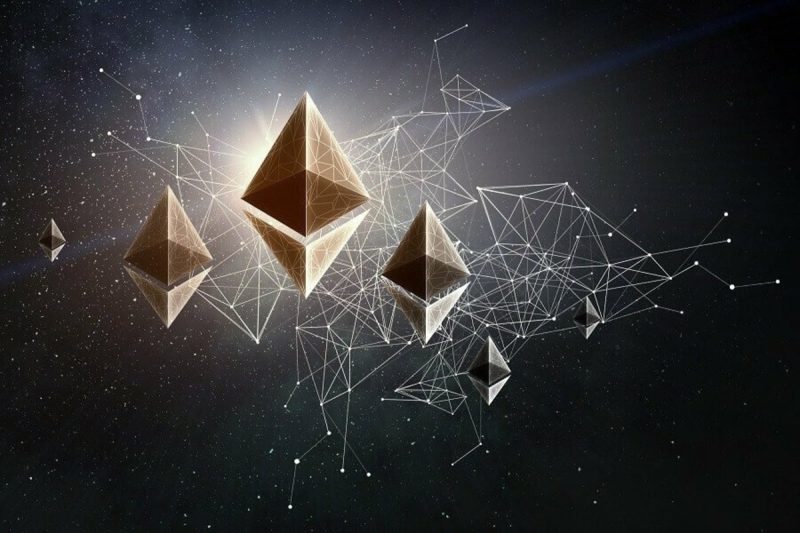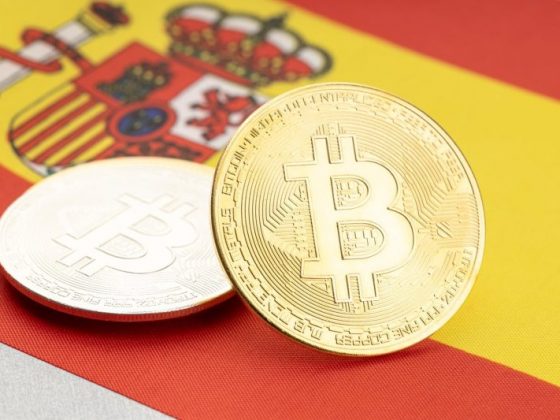Source: AdobeStock / Sergey Nivens
Ethereum’s upcoming upgrade, “Cancun-Deneb” (also known as “Dencun”), is set to begin testing on January 17, as per an official note published on the Ethereum Github repository.
According to the latest Ethereum All Core Developers Consensus Call report, Ethereum developers have confirmed their progress towards launching a Goerli shadow fork for testing the Cancun/Deneb upgrade with all clients. This testing phase is expected to be initiated within the next one to two weeks.
The initial testing will take place on the Goerli testnet, followed by implementation on the Sepolia testnet on January 30 and the Holesky testnet on February 7.
The Cancun/Deneb upgrade is currently undergoing testing on Devnet 12, where all execution layer (EL) and consensus layer (CL) client combinations, including the Prysm client, have been integrated. The MEV-Boost software has been activated for most client combinations, with the exception of those involving the Prysm client.
The introduction of a shadow fork is part of the testing process, serving as a smaller-scale test fork that focuses on specific improvements needed before implementing the Dencun upgrade on the main protocol.
However, the Ethereum team has not yet specified when Dencun will be deployed on the mainnet. The Dencun upgrade includes several tools designed to reduce fees, enable new features for bridges and staking pools, and limit the use of self-destruct operations on smart contracts.
After testing, the next goal will be to distribute the changes on the mainnet around the end of February, although these dates are subject to change depending on the outcome of the testnet forks.
Ethereum’s Deneb-Cancun Upgrade Introduces Proto-Danksharding for Enhanced Scalability and Reduced Transaction Costs on Layer 2 Networks
The upcoming Ethereum upgrade is set to introduce changes to the two mainnet layers of Ethereum: the execution layer, overseeing smart contract execution, and the consensus layer, focusing on blockchain consensus through staking.
Specifically, the upgrade for the execution layer will be named Cancun, while the consensus layer upgrade will be referred to as Deneb, collectively forming the Deneb-Cancun upgrade.
A key feature of the Deneb-Cancun upgrade is Ethereum Improvement Proposal 4844 (EIP-4844), also known as proto-danksharding. EIP-4844 aims to enhance Ethereum’s scalability, surpassing the current capabilities of Layer 2 solutions.
EIP-4844 is designed to enable Ethereum nodes to temporarily store and retrieve off-chain data, addressing the data and storage requirements of blockchain applications. Once activated, EIP-4844 is expected to reduce transaction costs on Layer 2 rollup solutions, including Optimism and Arbitrum, compared to their current rates.
This proposal also allows layer-2 rollup networks to temporarily store certain transaction data using a new format called “blobs.” These blobs can be deleted after 18 days, providing a potential reduction in transaction fees on layer-2 networks.
Initially, before Shapella, developers had decided to postpone the inclusion of EIP 4844 in the context of updates, given its complexity, preferring to focus on ETH withdrawals in staking.
However, Ethereum developers have delved into the technical details of EIP 4844.
Other proposals in the Dencun upgrade include EIP-1153, introducing a “transient storage” system to reduce fees further, and EIP-4788, enhancing transparency by storing the root of each Beacon chain block in a smart contract that applications can query. The data from EIP-4788 is expected to be utilized in new features for bridges and staking pools.
Concerns Arise Over Potential Delay in Ethereum’s Dencun Upgrade Deployment on Mainnet
In an Ethereum consensus-layer meeting held a month ago, concerns were raised about the potential delay in deploying the Ethereum upgrade known as “Dencun ” on the mainnet. Tim Beiko from the Ethereum Foundation highlighted the absence of the upgrade on public testnets like Goerli, Sepolia, and Holesky.
Beiko pointed out that if Dencun wasn’t launched on a public testnet before the November 2023 Devconnect developer conference, the mainnet deployment might be delayed beyond the Christmas holidays, possibly into 2024.
Factors such as the readiness of the software code, testing across Ethereum’s execution and consensus layers, and the preparedness of multiple client teams were deemed critical for Dencun’s mainnet deployment. At the time of the meeting, the upgrade work was in the “devnet phase,” with plans to test on a localized developer network called “Devnet 9” before transitioning to the public testnet phase.
Dencun would represent the first major update since the release of Shapella earlier this year, which allowed for ether withdrawals in staking (ETH) from the blockchain. Ethereum upgrades typically undergo several months of testing before being deployed to the mainnet. The previous upgrade, codenamed “Shapella,” began testing on February 7 and was launched on the mainnet on April 12.
The post Ethereum’s Upcoming Upgrade ‘Cancun-Deneb’ Set to Begin Testing on January 17 appeared first on Cryptonews.


